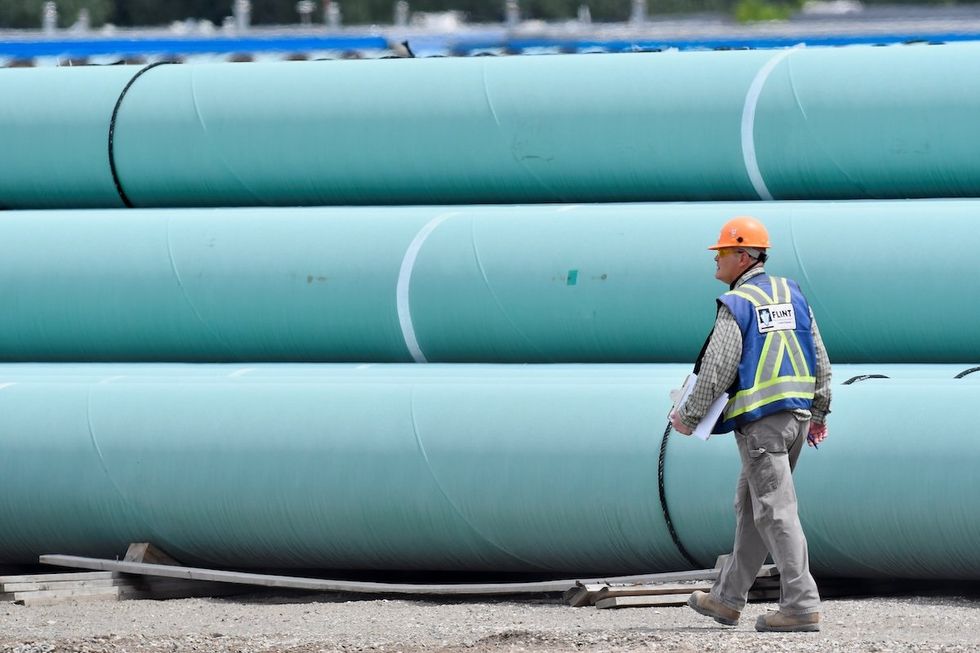“It’s been quite a journey,” he says of the many weekends, nights, and early mornings he spent visiting Indigenous communities to secure their consent. By the time he retired in April 2022, more than 60 communities were on board. Barring disaster, the $23 billion project will be completed this year, and Canada will have access to tidewater for an additional half a million barrels of crude a day.
Ottawa stepped in to buy the project when Kinder Morgan pulled out in 2018, and the construction costs have increased sixfold, leading some to call it a “catastrophic boondoggle.”
Justin Trudeau’s government believed the project would add tens of billions of dollars in national revenues by allowing more Canadian oil to reach Asian markets and command a world price. Western Canadian Select crude has typically traded at a discount of up to $16 per barrel, compared to North American benchmark prices, because it all goes to the United States.
The expansion of TMX will end that stranglehold, and most analysts expect the discount to fall to closer to $10 a barrel. The upshot could be more expensive diesel in the US Midwest.
Will Ottawa get its investment back? Pipelines generally trade at around 10-12 times cash flow, which in this case could see Ottawa raise more than $20 billion. But the government, or its successor, may decide to take a lower price to ensure a material Indigenous ownership stake.
“It was not a terrible decision at all, and it was one that only the government could have seen through,” Anderson says, noting the political, regulatory, and legal risks.
Canada produced a record 4.19 million barrels of oil a day in December. The prospect of higher prices, thanks to the Trans Mountain expansion, is likely to see new records set in the future.






